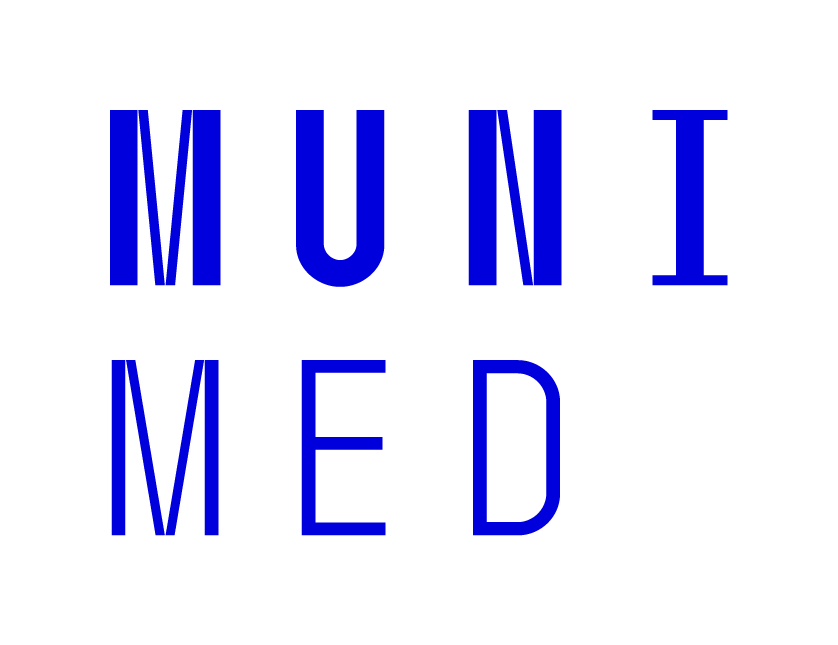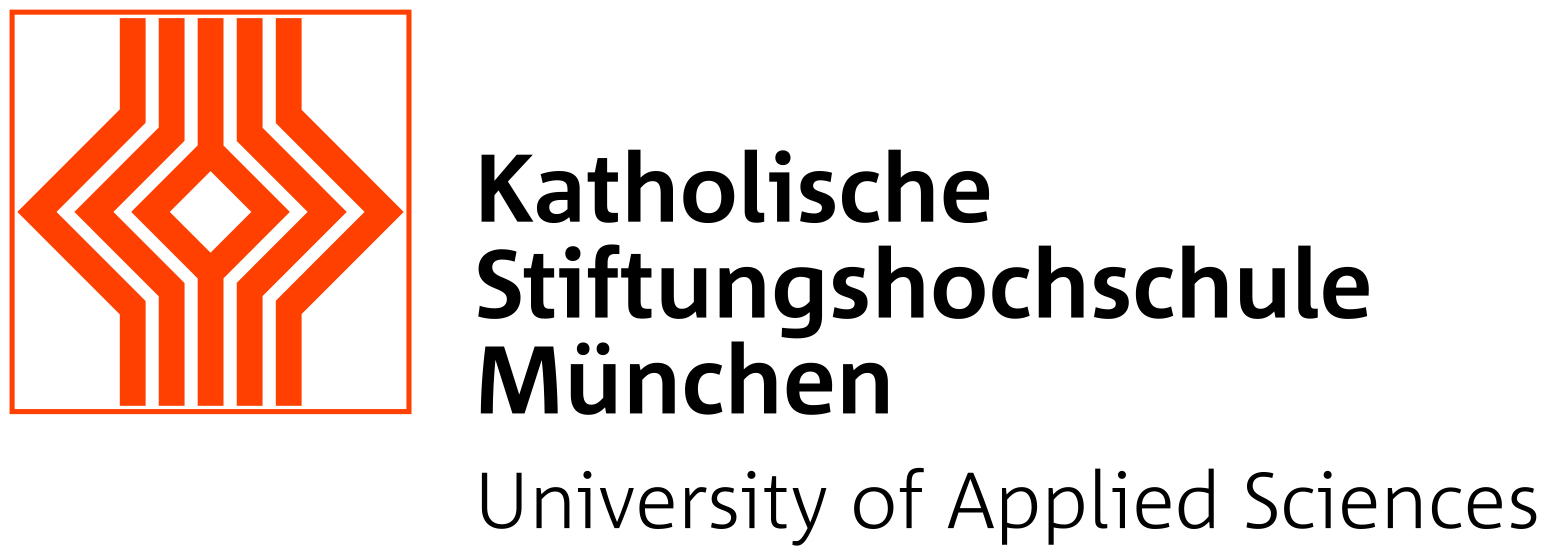29.02.2024
Author: Ana Matoz, ESEP
The growing needs for health care worldwide, the shortage of health professionals trained at the highest technical and scientific level have led to the awareness of the need for a transformation in the health professionals’ training and in the expansion of the number of educational institutions.
In fact, simulation allows to recreate a wide variety of learning situations, in which students train clinical decision-making, critical thinking and instrumental skills, repeating as many times as necessary until the acquisition of the competence. With this tool, students have the possibility to live experiences in immersive scenarios, as well as observe and analyse their performance, enhancing reflective learning in a totally safe environment.
Frieder Pankratz, computer scientist and member of the project, states that “by using this type of technology, a wide variety of healthcare procedures can be trained – either alone or in a team”.
Studies involving clinical simulation describe positive results and underline the importance of repeatability as being essential for the consolidation of technical and non-technical skills. Students who experience this learning methodology have favourable opinions. Also, the use of clinical simulation by health professionals can result in the implementation of changes in the practices performed in clinical services, as well as the development of skills.
The resources available for simulation are various, from low-tech models with a limited approach to reality, to highly technological simulators with a high approximation to reality.
Also, Frieder Pankratz explains that “the cost of the equipment has dramatically dropped over the last decade, making this type of learning accessible. In our experience, by the careful selection of the learning programs and alignment with the intended curricula, very positive learning outcomes can be achieved”.







